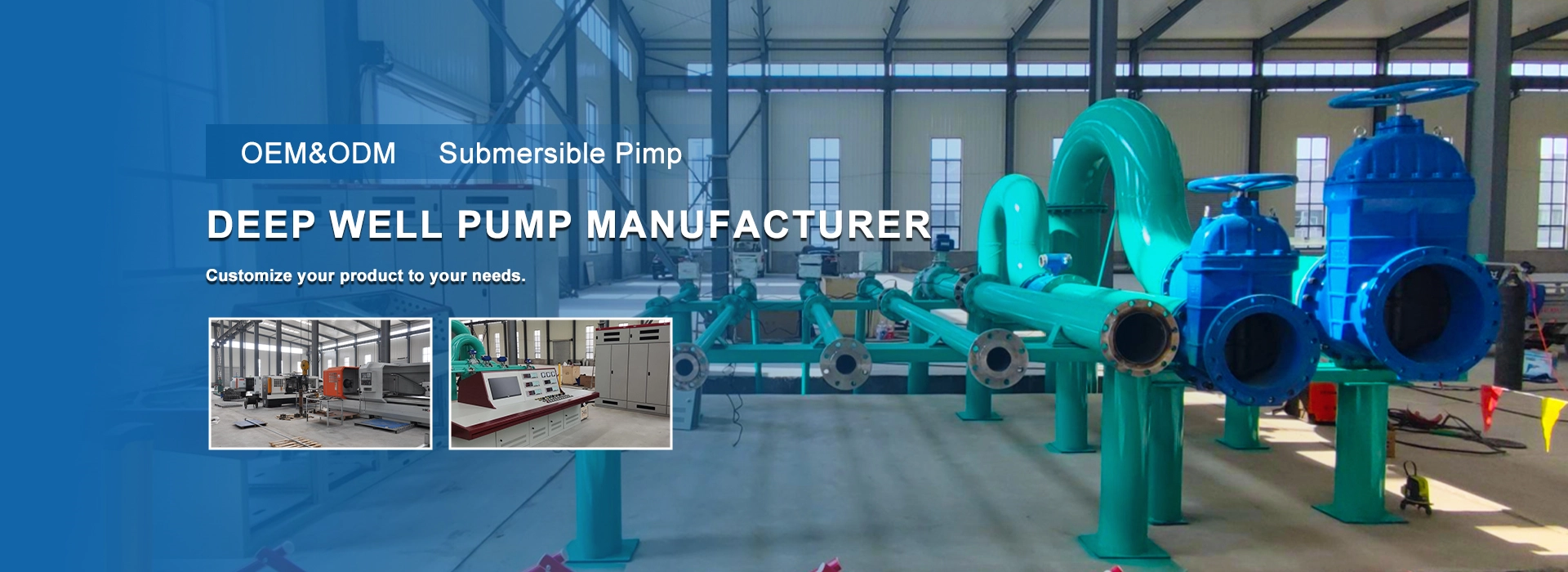Nov . 15, 2024 05:48 Back to list
deep well pump
Understanding Deep Well Pumps An Essential Water Supply Solution
Deep well pumps are crucial devices that play a significant role in extracting water from deep underground sources. These pumps are designed to reach water tables that lie hundreds of feet below the surface, making them indispensable for agricultural, industrial, and residential water supply systems. This article aims to explore the mechanics, applications, and advantages of deep well pumps, along with some considerations for their use.
Mechanics of Deep Well Pumps
Deep well pumps typically consist of two main parts the motor and the pump itself, which is submerged in the water. The motor is usually located above ground, driving a shaft that extends down into the well. The pump employs centrifugal force to lift water from the well's depths. When the motor is activated, it spins the impellers within the pump, causing the water to move upwards through a series of pipes until it reaches the surface.
There are primarily two types of deep well pumps vertical turbines and submersible pumps. Vertical turbine pumps are made up of an arrangement of impellers mounted on a vertical shaft, suitable for moderate depth applications. On the other hand, submersible pumps are entirely submerged in water and are often more efficient for deeper wells. Their design allows them to operate more quietly and reliably at greater depths.
Applications of Deep Well Pumps
Deep well pumps have a multitude of applications. They are primarily used for agricultural purposes, providing the necessary irrigation for crops in areas lacking sufficient surface water. Farmers rely on these pumps to maintain their livelihoods, especially in arid regions where water scarcity is common.
In addition to agriculture, deep well pumps are also employed in municipal water supply systems, ensuring that towns and cities have access to a consistent water supply. Industrial facilities, especially those requiring large volumes of water for processes, also utilize deep well pumps.
Residential properties with deep wells use these pumps to ensure their households have a reliable water supply
. Many rural homes depend on deep well pumps to utilize groundwater effectively.Advantages of Deep Well Pumps
deep well pump

1. Access to Quality Water Deep well pumps can access aquifers that often contain cleaner and more reliable water compared to surface sources, which might be contaminated.
2. Efficiency Particularly with submersible pumps, these systems can be highly efficient in moving water from deep underground. With the proper design and installation, deep well pumps can operate with minimal energy consumption.
3. Durability Designed to withstand harsh underground conditions, deep well pumps are typically robust and have a long service life when maintained properly.
4. Versatility Deep well pumps can be used in various contexts, including residential, agricultural, and industrial applications. They can be adapted to different water needs based on the specific requirements of the user.
Considerations for Use
While deep well pumps offer many benefits, there are several factors to consider. Proper installation by qualified professionals is crucial to ensure maximum efficiency and reliability. Furthermore, regular maintenance is necessary to prevent breakdowns and prolong the pump’s lifespan.
Another important consideration is the assessment of the water source. Over-extraction can lead to groundwater depletion, which poses sustainability issues. Users must ensure that they adhere to local regulations and sustainable practices regarding groundwater usage.
Lastly, the cost involved in drilling deep wells and installing pumps should not be overlooked. These investments can be significant, but they are often justified by the long-term benefits of having a steady and reliable water supply.
Conclusion
Deep well pumps serve as an invaluable solution for accessing groundwater, making them essential for various sectors. Their engineering and design marvels allow us to tap into resources that are otherwise unreachable, thus supporting agriculture, industry, and our daily lives. Understanding how they work, their applications, and the critical factors surrounding their use can help maximize their benefits while promoting sustainable practices for future generations.
-
Submersible Water Pump: The Efficient 'Power Pioneer' of the Underwater World
NewsJul.01,2025
-
Submersible Pond Pump: The Hidden Guardian of Water Landscape Ecology
NewsJul.01,2025
-
Stainless Well Pump: A Reliable and Durable Pumping Main Force
NewsJul.01,2025
-
Stainless Steel Submersible Pump: An Efficient and Versatile Tool for Underwater Operations
NewsJul.01,2025
-
Deep Well Submersible Pump: An Efficient 'Sucker' of Groundwater Sources
NewsJul.01,2025
-
Deep Water Well Pump: An Efficient 'Sucker' of Groundwater Sources
NewsJul.01,2025
-
 Submersible Water Pump: The Efficient 'Power Pioneer' of the Underwater WorldIn the field of hydraulic equipment, the Submersible Water Pump has become the core equipment for underwater operations and water resource transportation due to its unique design and excellent performance.Detail
Submersible Water Pump: The Efficient 'Power Pioneer' of the Underwater WorldIn the field of hydraulic equipment, the Submersible Water Pump has become the core equipment for underwater operations and water resource transportation due to its unique design and excellent performance.Detail -
 Submersible Pond Pump: The Hidden Guardian of Water Landscape EcologyIn courtyard landscapes, ecological ponds, and even small-scale water conservancy projects, there is a silent yet indispensable equipment - the Submersible Pond Pump.Detail
Submersible Pond Pump: The Hidden Guardian of Water Landscape EcologyIn courtyard landscapes, ecological ponds, and even small-scale water conservancy projects, there is a silent yet indispensable equipment - the Submersible Pond Pump.Detail -
 Stainless Well Pump: A Reliable and Durable Pumping Main ForceIn the field of water resource transportation, Stainless Well Pump has become the core equipment for various pumping scenarios with its excellent performance and reliable quality.Detail
Stainless Well Pump: A Reliable and Durable Pumping Main ForceIn the field of water resource transportation, Stainless Well Pump has become the core equipment for various pumping scenarios with its excellent performance and reliable quality.Detail
